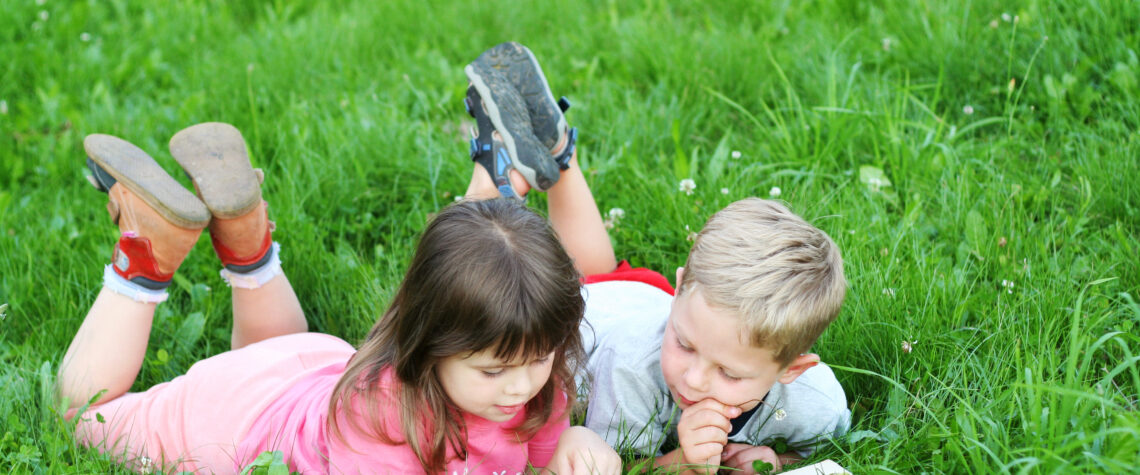Have you packed your calendar this summer with events, camps and trips? If so, consider adding free time each day. You don’t need to give up all the planned events but rather intentionally create chunks of unstructured time to slow the cadence of your summer.
Benefits of boredom
When you hear the words, “I’m bored.” Resist the urge to suggest an activity. Give children time and space to create and imagine. Consider boredom as your friend.
One summer, my kids planned a movie night. They designed tickets, popped popcorn, rearranged the bonus room, made lemonade, decided on a movie, and delivered tickets to family members. I think they had more fun planning the event than watching the movie.
Another time the neighbor kids created a band and performed a concert for us. Sometimes the boys played street hockey on roller blades in the cul de sac. They came up with the ideas because they had unstructured time.
Benefits of unstructured time
Children create, think, wonder, explore, and discover in unstructured time. These abilities benefit a child later. Unscheduled time with siblings or friends develops skills of working together, deciding roles, and learning collaborative efforts.
If you’re worried about safety, get to know your neighbor. You can agree on physical boundaries and relax when letting older kids play unsupervised for a while.
Carl Honorè, the author of Under Pressure, talks about the value of unstructured time:”Cooking, reading a book, art projects, and neighborhood walks are unlikely to replace screens completely, but routinizing blocks of time for these self-sustaining activities each day or several times a week could introduce children and teenagers to new pleasures, and at the very least invite calmness.”
And our kids need downtime and calmness during the summer.
Benefits of play
“When we treat children’s play as seriously as it deserves, we are helping them feel the joy that’s to be found in the creative spirit,” said Fred Rogers.
Unscheduled time allows kids to play, and play is essential. Play promotes confidence, social skills, good physical health, and coping skills. Unscheduled play works different parts of the brain that a child would ordinarily use in school. Play is relaxing and fun, giving your child a break from the hectic pace of the school year.
When my kids were young, we didn’t have the resources to send them to camp or go on expensive vacations. They still did chores and attended swim team, but the steamy Houston afternoons left plenty of time for play and creating in the afternoons.
Replacing video games with walks or play may not make you the most popular parent, but it will help a child discover that boredom is more than okay—it’s healthy, productive, and vital.
Sally and her husband enjoy an easy rhythm of life as empty nesters. She’s currently giving away “17 Alternatives to Screen Time” on her website at www.sallycressman.com.











